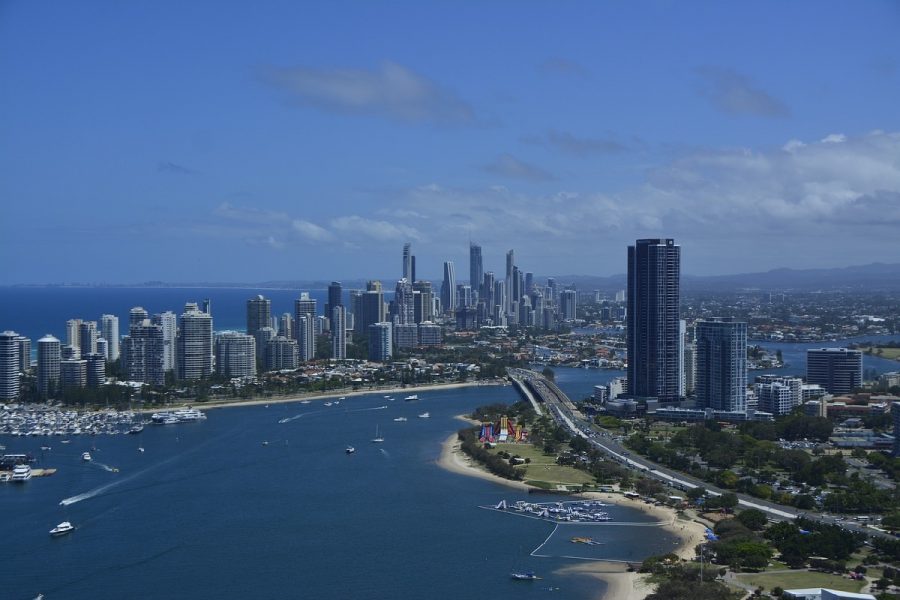Australia: Concerns over Facebook data selling to gambling apps

The lobby group Reset Australia said Facebook is selling teenagers’ data to gambling, alcohol and dating apps advertisers.
Australia.- In April Reset Australia warned that Facebook had been collecting data on Australian teenagers and selling it to advertisers for gambling, alcohol and dating apps.
After the report was issued, in July, Facebook revealed that it would stop this practice and recommended a more preventive approach to protect young people from possible negative effects.
However, Dr Rys Farthing, the director of data policy at Reset Australia, said little has changed since then. According to him, the only change Facebook implemented is to prevent advertisers from indicating that they are willing to target children who are interested in their products or services.
However, Farthing said this measure is set to be done by Facebook AI and the organisation warned that given the power of that Artificial Intelligence, the move may make the situation for children even worse.
Farthing then explained that the results of the above actions will be the same, “and Facebook is very aware of this.”
Companies that provide gambling, smoking, alcohol, and weight loss products will not be able to publicly ask social media platforms for data on underage users, but they can trust Facebook’s artificial intelligence, which will provide them with the necessary data.
According to Reset Australia’s latest research, conversion application programming interfaces (APIs), such as Facebook Pixel and SPK applications, are considered to be the most important part of the social network advertising system, and they are still active underage users in their accounts.
Casino Guardian revealed a survey conducted by YouGov on behalf of Reset Australia found that 82 per cent of young people had been exposed to highly targeted advertisements that made them feel uncomfortable.
In addition, more than half (67 per cent) of the teenagers participating in the study tended to ban such surveillance ads altogether.









